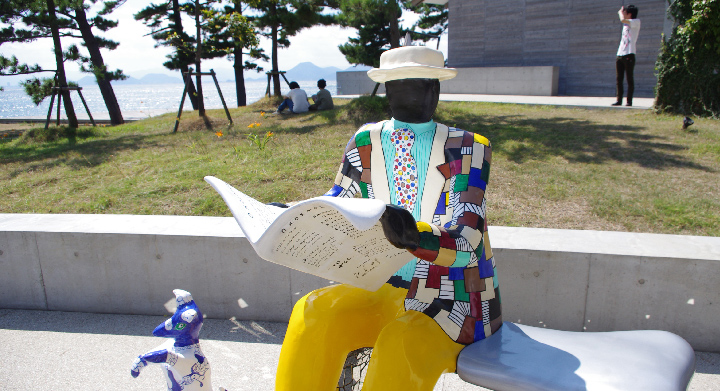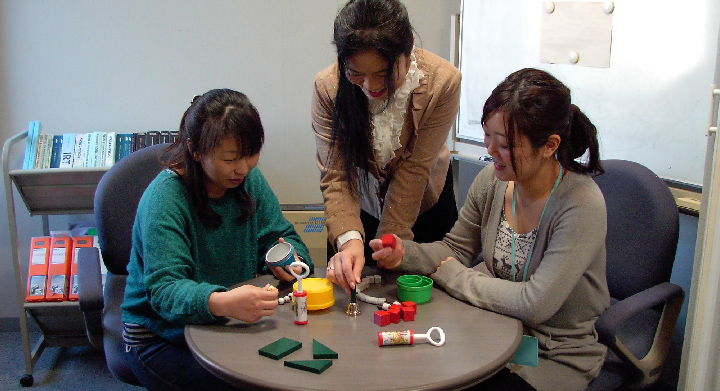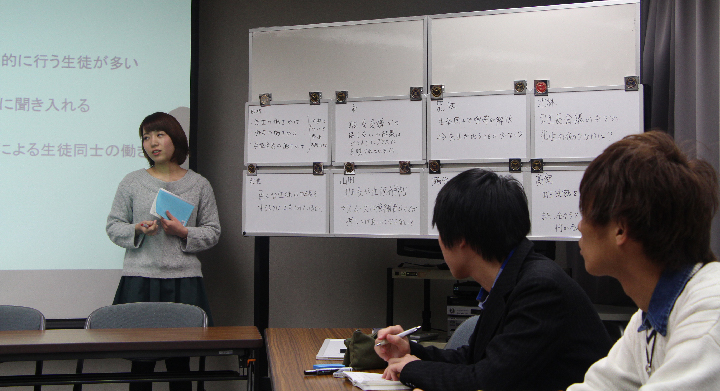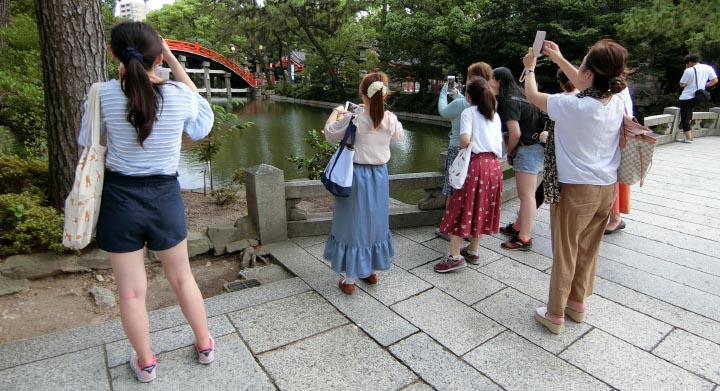Department of Philosophy and History
Who are we? Where did we come from and where are we headed? As we enter into a new century today, we are faced with the challenge of overcoming conventional cultural and societal traditions. However, we can on no accounts depict a clear image of our future without understanding the paths that we, as human beings, have traveled over the course of our history and who we are. The Philosophy and History Department aims to reflect on such fundamental issues related to human identity.
Department of Human Behavioral Sciences
As the world undergoes major changes in the wake of the information age and globalization, there is renewed interest in the world of the mind, connections between human beings and the coexistence of human beings and nature. In such an age, the Human Behavioral Science Department seeks to clarify human behavior, the society/environment around us, and the connection between the two from various standpoints, based on scientific methodologies like observation, surveys and experiments. Through its unique curriculum, in which each course focuses on its own academic field but is organically linked to one another, the Human Behavioral Science Department aims to cultivate individuals with the ability to understand the complexity of human beings and their environments.
Department of Language and Culture
The Language and Culture Department seeks to inquire into the cultures created by humankind through the lens of language. Documents concerning the literature and ideologies of Japan, the Asian countries and the Western countries will be read to instigate an examination into the forms and mechanisms of language. Cultural aspects related to language, such as theater, music and film are also subjects of investigation in this department. Through such studies, we aim to discover the thought processes of human beings throughout history, in the present and into the future.





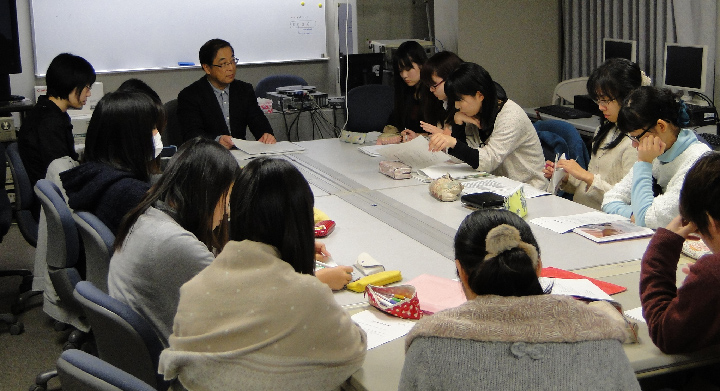
Department of Cultural Management
Culture cultivates a richness in humanity by fostering creativity and sensibility, creates new values for future societies, and it forms the basis of a “convivial” society by promoting mutual understanding and empathy between people with different cultural backgrounds. The Department of Cultural Management proactively investigates cultural phenomena, which is often neglected by traditional academic disciplines, thereby fostering a deeper understanding of culture that is essential in modern society. Based on such deep insights into culture, this department trains students who will be responsible for addressing the complex issues of modern society and contribute to our advanced 21st-century society through exploring and exploiting the transformative potential of diverse cultural phenomena within society.

